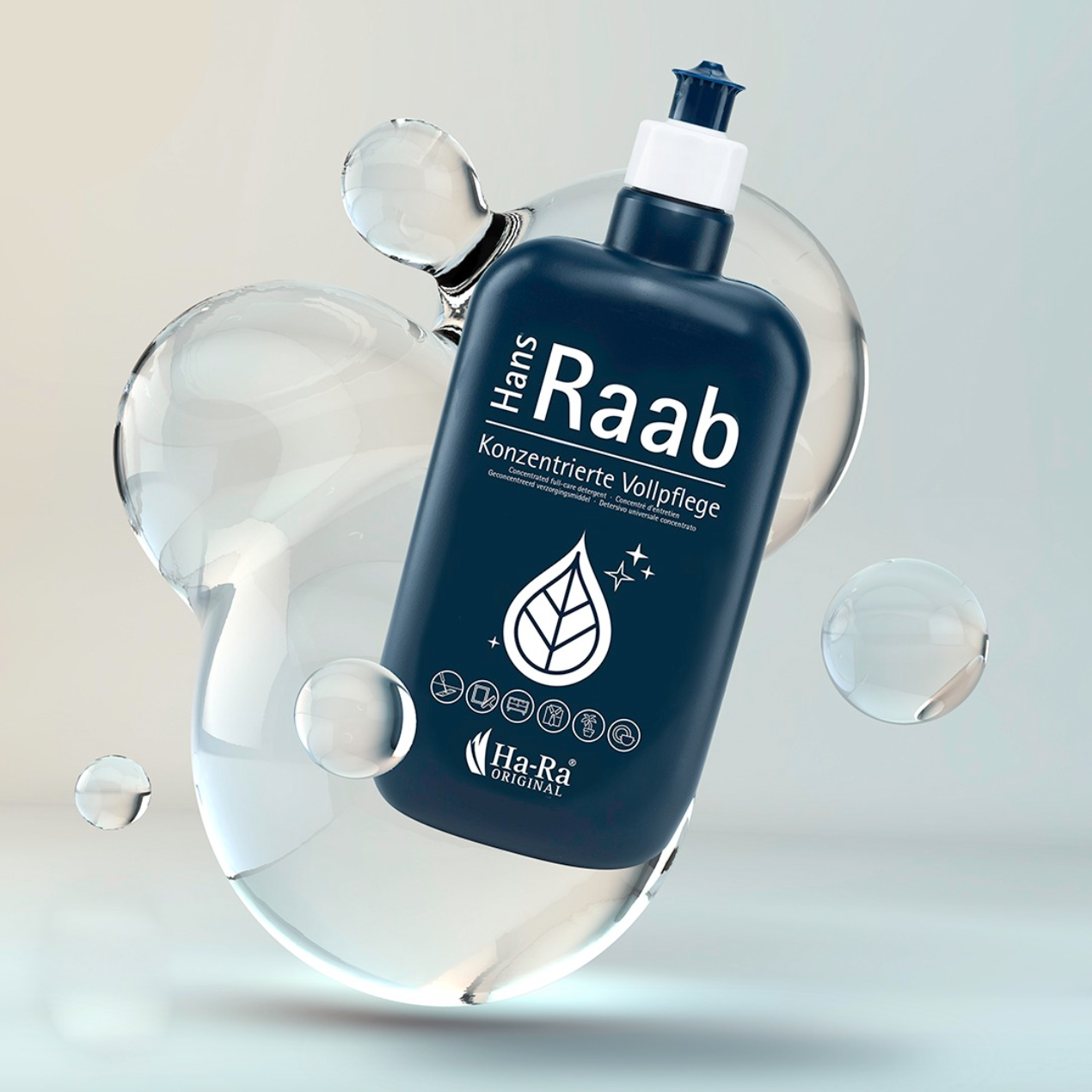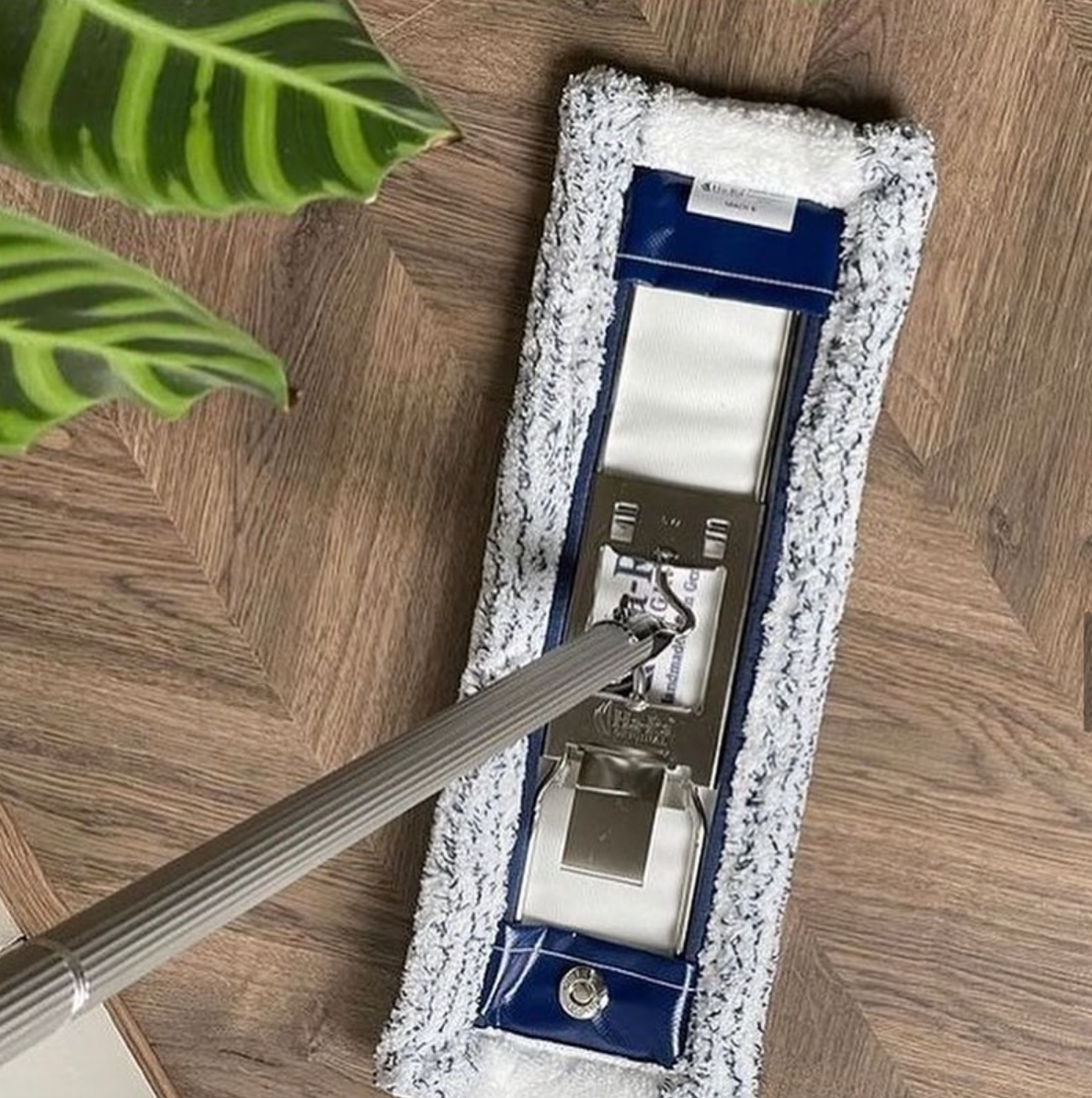What Does Green mean to you?
Do you think of the colour green? Do you think of a pristine green lawn or field that makes you feel relaxed and calm?
With hundreds of fancy “Green” words being used these days, we all seem to be overwhelmed with terms like environmental, green house gasses and sustainable living.
In the mash-up of words and concepts, we have lost the fundamental meaning of Green. Environmental, Green, or Sustainable now blur into that ugly green color that we made in kindergarten when we slurred all the colors into one big blob. We cannot progress when confusion reigns, and every science starts out with a definition of terms.
So what are we all doing about it, the Government put the living fear into us that we may be taxed and that if we do not do something the world is going to just stop one day, due to our ever polluting habits.
Sustainability has also badly morphed into many applications, but essentially deals with the management of our resources. This is a complimentary issue to Green, so a Green and Sustainable business means that the company considers the health of the workplace as well as the material demands of the business
I guess it comes down to just doing our bit.
Think about your purchases, make a list and don’t purchase more than you require as this is waste of resources, money and we end up with rotting food in the fridge or out dated tins in our cupboards. I’m not only talking about food but your every day tangibles’ that we use in the home like cleaning products.
WHAT ABOUT THE SUPERMARKET CLEANING ISLE?
There is a magic potion of chemicals for every surface in the home. Just think of all the cleaning agents that you try and don’t finish that sit under your sink. These cleaning chemicals give off dangerous gasses that you don’t even realise is happening.
Who feels ill or gets a head ache after walking down the supermarket chemical isle? It has a chemical smell, this is the out gassing of chemicals from their containers. What about the plastic bottles they come in? How long does it take these to break down in land fills or what resources are needed to recycle them?
So the only thing we can do as a Green householder is throw away all the chemical cleaning agents in bottles and start with micro fiber cleaning systems. You may not believe it but since 1993 I have not used one magic chemical potion in my home. I have embraced mechanical fiber cleaning systems.
In the beginning I started with couple of cloths and could not believe that these cloths that I thought where expensive could clean the grime and residue in my shower. Before the micro fibers I used a scrubbing brush and bleach and while I was having my first child I can remember thinking to my self that this must be dangerous for my baby but until 1993 in Australia I had never heard of micro fiber cleaning.
SO WHAT IS MECHANICAL FIBER CLEANING? AND HOW CAN IT WORK AND REMOVE THE BACTERIA?
Suppose you want to clean a large, dirty wall as quickly and thoroughly as you can. You could use a toothbrush, but it would take you forever. So probably you'd opt to use the biggest brush with the most bristles you can find. Now scale the problem down. If you want to clean a worktop really well, what's the best thing to use? You can't use a gigantic brush or even a huge cloth, but you can achieve the same effect by using a cloth that packs more punch into the same cleaning area. An ordinary cleaning cloth has fibers made of cotton or a synthetic material such as nylon. You've seen pieces of cotton on a towel so you know exactly how big the fibers are. But a microfiber cloth has far more fibers and they're much smaller. If "many hands make light work", so do many fingers or many micro-fibers.
WHY DO SMALLER FIBERS CLEAN BETTER?
Microfibers are able to attach themselves to even the smallest, most microscopic dirt particles.
Dutch chemist Johannes Diderik van der Waals(1837–1923). (Van der Waals explains why geckos can stick themselves to ceilings using zillions of tiny hairs on their toes.) Although there is only a microscopic amount of van der Waals force between one microfiber and any given dirt particle, remember that there are millions of microfibers in a cloth, so the overall sticking effect is magnified dramatically. That's why dirt, dust, and other stuff can be "hoovered up" by microfiber cloths. And it's also why you have to clean microfiber clothes so very thoroughly after you've used them.
HOW MICROFIBER CLEANING CLOTHS WORK ?
Chemical cleaning
If you clean the traditional way, with soap and water, the molecules of the detergent you use (shown here with orange dots) stick to and break down the dirt and grime (brown blobs). When you rinse with a wet cloth, the water molecules (blue dots) glued to its fibers (red lines) stick to the detergent and wash it away with the dirt still attached. This is old-fashioned cleaning with chemistry. Compared to a microfiber cloth, a normal cloth has relatively few fibers so it cleans in a hit-and-miss way. Dirt gets missed and detergent and water often get left behind on the surface you're cleaning.
Mechanical cleaning
If you use a microfiber cloth, there's no detergent involved whatsoever, so how is the dirt removed? Instead of detergent, we rely on millions more fibers (shown here as green lines) that can sweep dirt away. The fibers are made of plastic and many of them attach themselves to each dirt speck with van deer Waals forces. Working as a team, many fibers apply powerful enough forces to dislodge the dirt (loosened with a small amount of water) and carry it away, leaving the surface naturally dirt-free. This is new-fangled cleaning with physics using nothing but the adhesive power of forces, cleaning mechanically and without chemicals. The dirt stays locked inside the cloth's fibers until you wash it in hot water, which makes the fibers uncurl slightly and release their dirty content.
There are many microfiber brands on the market, the cheaper micro fiber cloths are manufactured in China and Taiwan. For the better quality fiber cleaning system there are products manufactured in Germany, Austria, Sweden.
The quality Micro fiber systems will probably not be found in a supermarket. Remember the old adage of you get what you pay for!
Bindy







